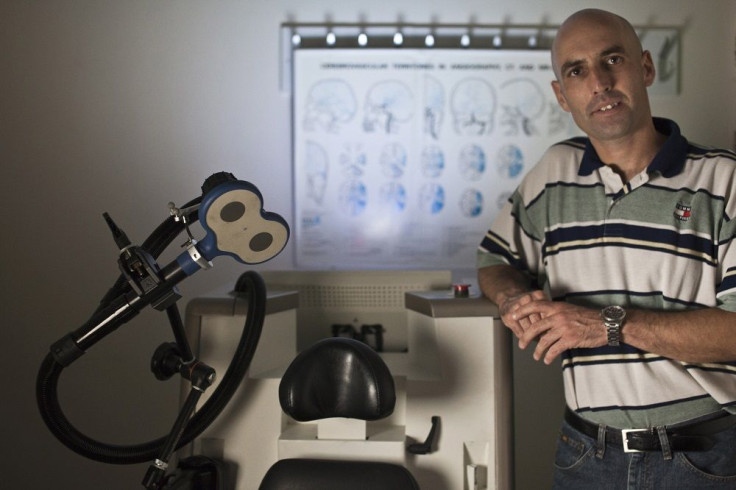Victoria University & University of Liverpool get $800,000 funding for world’s 1st Alzheimer’s drug

The search for a cure to stop the progress or a vaccine to prevent the onset of Alzheimer’s disease continues to move forward. A treatment which uses the natural sugar of the body to control the degradation of the brain’s protein that case memory loss.
The teams from Victoria University in Wellington and the University of Liverpool in UK received A$801,849 (NZ$850,000) to move forward the potential Alzheimer's disease treatment the teams have been developing since 2008.
Funding came from the KiwiNet PreSeed Accelerator Fund. The bulk of the funds, around 53 percent, will go to Professor Peter Tyler and Drs Olga Zubkova and Ralf Schwrer from Victoria’s Ferrier Research Institute, and Professor Jerry Turnbull at the University of Liverpool, a long-time collaborator, reports Scoop.
With the money, the teams could conduct pre-clinical testing on the research expected within the next two years. Once the pre-clinical trials succeeds, clinical trials would follow.
Professor Peter Tyler, from the Victoria University, says new Alzheimer’s drugs could effectively stop or delay the degenerative ailment’s progression. The funds they got is valuable in progressing the world.
The drugs are a novel class of inhibitors which target the biological machinery causing damaging plaques in the brain believed to be the cause of Alzheimer’s disease. The Victoria University researchers discovered the weakness of the enzyme and designed a medication which blocks the enzyme machinery. It stops the brain from making the damaging plaques.
Once it passes clinical testing and regulators, the drug has the potential to reach a US$6.8 (A$8.9 billion) global market, says Dr James Hutchison, commercialisation manager of KiwiNet. Outside the New Zealand and UK research, there are other trials for an Alzheimer’s vaccine.
VIDEO: World Alzheimer’s Day: Spanish scientists trial vaccine
Source: euronews





















